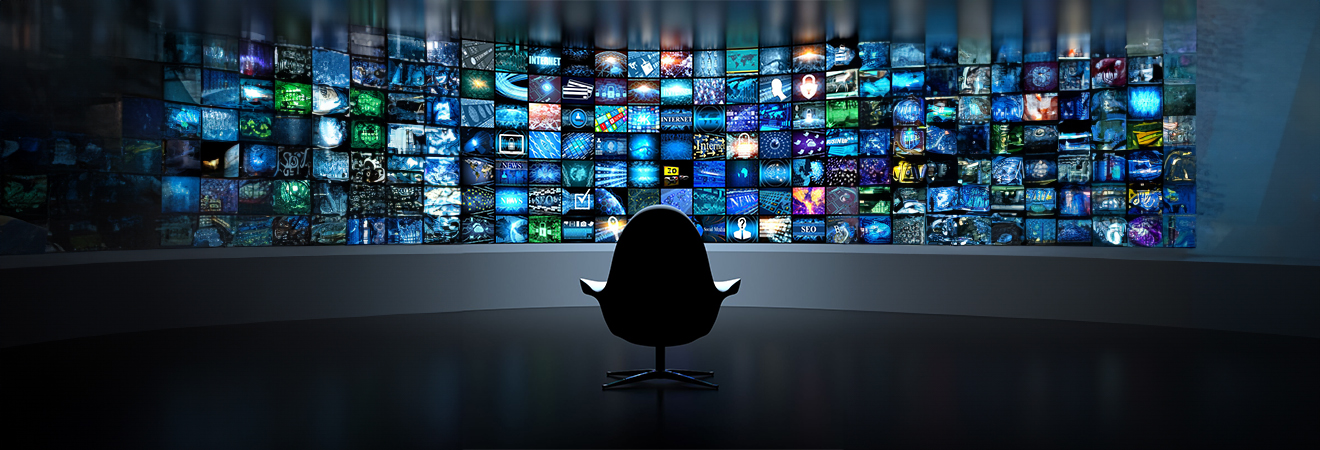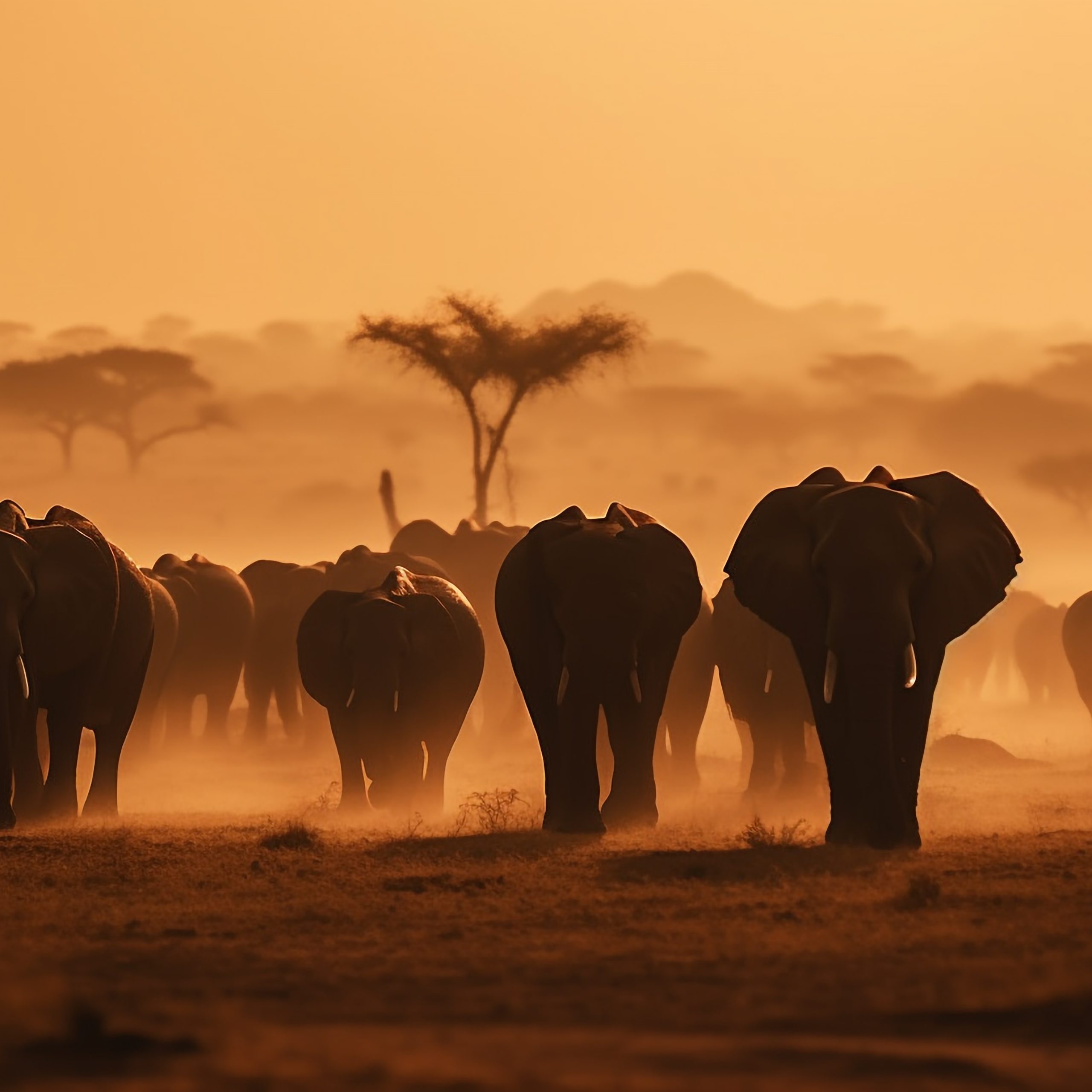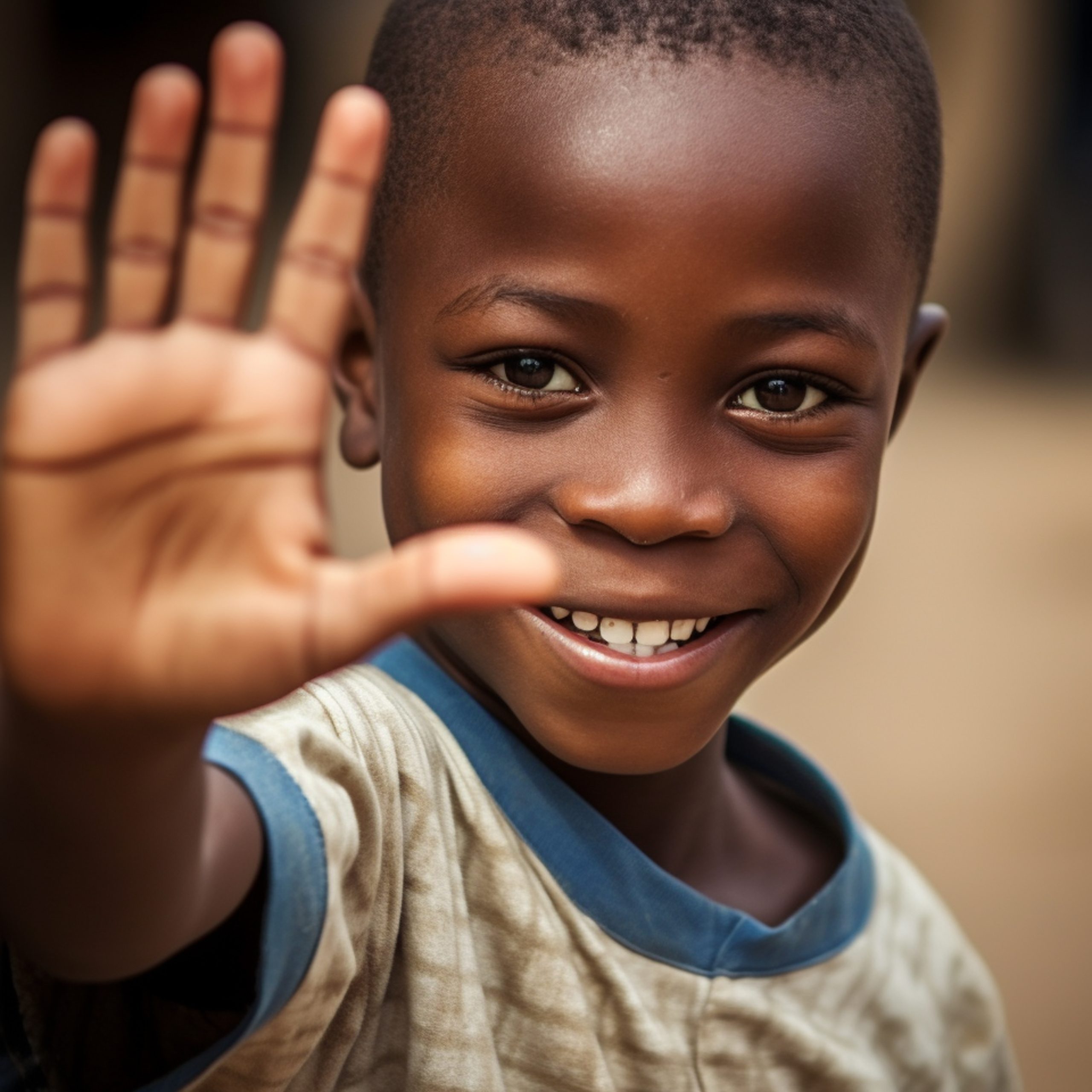Building Strategic Partnerships to Elevate Our Conversations
The media landscape in the Democratic Republic of Congo (DRC) is characterized by diversity and breadth but faces significant challenges in terms of infrastructure, press freedom, and regulatory frameworks. The country boasts a large number of media outlets, including over 7,000 journalists, 540 newspapers, 177 TV channels, and more than 4,000 radio stations. However, only a few of these newspapers are published regularly.
Despite this diversity, the media market in the DRC is not very competitive, hindered by political and economic constraints. Many media outlets are owned by politicians or have close ties to political parties, and some operate as paid media. This impacts the objectivity, independence, and coverage diversity in their reporting. Additionally, the legal and institutional frameworks that support media freedom and freedom of expression are underdeveloped.
Media independence and accountability are critical factors that can contribute to economic growth in Africa. A free and independent media plays a crucial role in promoting transparency, accountability, and good governance. By holding governments and businesses accountable, the media can help expose corruption, inefficiency, and other malpractices that hinder economic progress. Additionally, a vibrant media landscape can foster public debate, inform citizens about important economic issues, and provide a platform for diverse voices and ideas to be heard.
Furthermore, independent media outlets can help attract foreign investment by providing reliable information and analysis on business opportunities and economic conditions in the region. Investors are more likely to feel confident in investing in countries with a free press that can act as a watchdog and ensure that their investments are protected.
By promoting media independence and accountability, African countries can create a more conducive environment for economic growth, attract investment, and strengthen democratic institutions
It is imperative that the Fourth Estate in a country that promotes democracy, is independent from the State and is honest and upright in promoting the voice of the people. It is the fourth pillar in all modern Constitutions and that should be upheld in the World of today.
Digital media and social networks are becoming increasingly significant, particularly among the younger population. However, the lack of regulatory mechanisms for digital media, network deficiencies, content protection issues, and the high cost of smartphones pose major barriers to the free flow of information.

While the DRC has a considerable number of media outlets, the environment remains constrained. RTNC has faced challenges related to maintaining modern broadcast technology and navigating the political dynamics of the DRC. Despite these challenges, RTNC remains a central figure in the Congolese media landscape, holding a significant portion of the national broadcast coverage and offering a limited range of programming in multiple local languages.
However, a new opportunity has arisen—it might not be one for us to seize immediately, but it can initiate a dialogue on how the DRC can build strategic partnerships that could chart a roadmap for the future of media in the country. One that is built to be diversified in programs, entertainment, art, documentaries, and much more.
Seeking Opportunities!
Yves Bigot, the CEO of TV5 Monde, has been actively touring French-speaking Africa with a strategic initiative to encourage seven countries to invest in the French-language international broadcaster, TV5 Monde. According to Senal News, this initiative is supported by France’s foreign ministry and aims to enhance the broadcaster’s engagement and presence in the region.
TV5 Monde is a prominent platform that offers a variety of content including films, series, documentaries, and news tailored to different demographics around the world, with significant viewership in Africa. This can be a great opportunity to build a media database in the country that could change the world’s perception of the DRC as merely a country rich with critical minerals.
TV5 Monde has a substantial presence in Europe and is well-regarded in Francophone countries. With a young DRC eager to engage globally, a partnership with a media expert of this caliber could redefine the media landscape in the DRC.
TV5 Monde not only has the capability to build journalistic integrity, digital inclusivity, and media literacy, but it can also partner with the government to establish a regulatory framework that best suits the country’s interests and develop it from the ground up to ensure a healthy media landscape.

Thinking Strategically
A healthy media landscape means amplifying the voice of the Democratic Republic of Congo. My journey at MKAKATI has given me humble insights into global and local media landscapes, and over the past year, the media faced global scrutiny, questioning their willingness to convey the real message, especially following the outbreak of the Israel-Palestine conflict.
Western media might not be the best example, but the Congolese have the power to learn from others’ mistakes and build our own system of transparency and promote our story to the world with our own voices. Underdeveloped countries have had their firsthand preview of how information is passed on interest and not on transparency.
The strategic goal lies in amplifying our voice, our narrative, and enabling both private and public stakeholders to stimulate dialogue, amplify their voices and their stories with their own voices to reach the world as it continues to prove itself indispensable for global dynamics.
We aim to position the DRC as a solution-oriented country, yet we lack the means to market our country to the world. Our rich diversity and our commitment to climate action extend beyond just critical minerals—the world must recognize that the DRC offers much more, and the Congolese must know that their country is more than what meets the eyes.
Our basin, biodiversity, beautiful landscapes, and vast lands are perfect for projects in ecotourism, agriculture, and more.
Let’s find strategic partnerships and build a media landscape that voices the Congolese narrative. This is the goal of DRConversations, and there is much more to come. Would you like to join the conversation?



